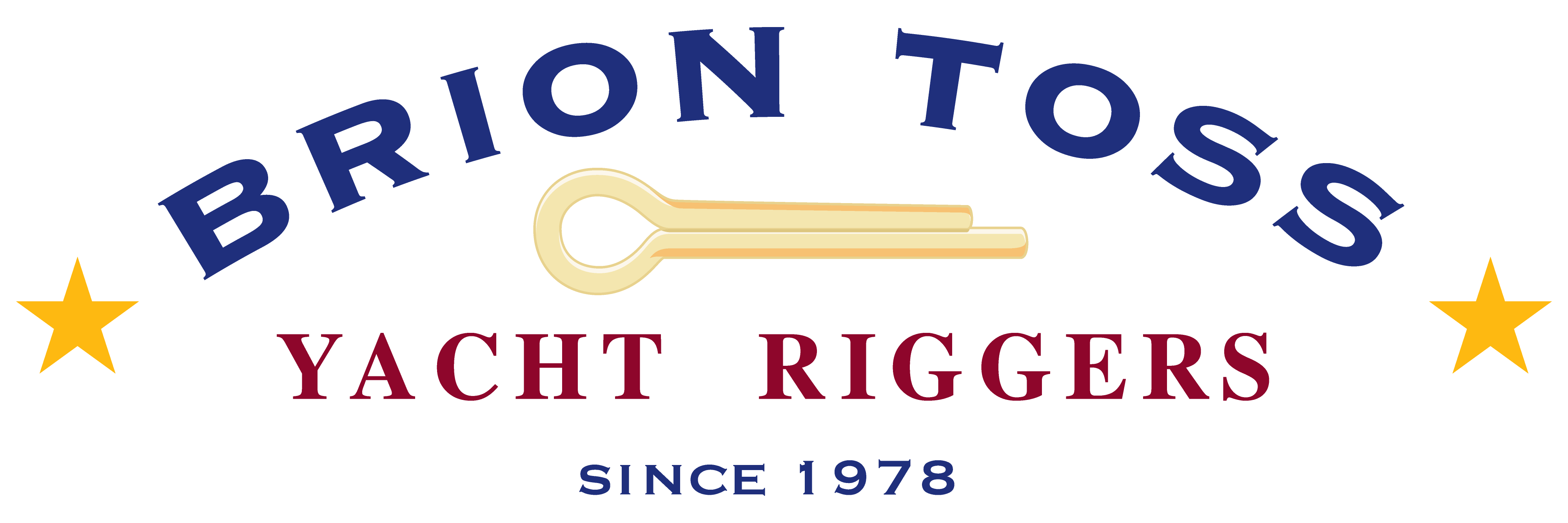Return, part 1
My friend Freeman lived for an unlikely outcome: that things, despite all the evidence that his restless, skeptical mind made regular and thorough note of, would somehow prove to be wonderful; that the Universe would be incontrovertibly revealed to be in balance; that it would be shown that there is a reality greater and holier than we can see; and that there is even room for restless, skeptical minds in the nest of Creation.
This was a quest, the patient and rigorous adventure of a sweet, brave soul that happened to be harnessed to a merciless, razor-sharp intellect. He could not abide the tragic stupidity of cruelty, of greed, of unfounded bias. But he could no more abide the airy assumptions of people – and I could, at times, count myself among their number – who are so eager to believe that everything is metaphysically harmonic that they will accept the most amazing shams of reasoning. We all want to feel like we understand how things really are, because it is so difficult and scary and confusing to acknowledge that we don’t, in general, have the slightest idea of how things really are. Most of us content ourselves with a few talismans of belief, and do our best to ignore or rationalize the inevitable discrepancies. Freeman just kept looking, kept himself moving forward, not with a story told in scripture, and not with the “that’s it” arguments of atheism, but with a kind of ongoing measurement of, and comparison to everything he saw, and thought, and felt.
It is difficult to describe how this manifested in daily life. Watching a horse run, Freeman was as likely to comment on vectors and evolutionary adaptation as he was to recite a poem, or break into a run himself. Once when I arrived in Boston after sailing there from Maine, he was happy about my exhilaration, serene in assessing my short voyage in the context of the vast history of voyaging, and curious as to the quality and effectiveness of my foulweather gear. In other words, he tended to treat any event as an opportunity to explore and find meaning on many levels.
Once, he and his spouse Susan and I went out for supper at a classy little Italian restaurant that was buried deep in the heart of old Boston. We returned to the car to find it wedged so tightly between two other cars that you could barely fit a hand between the bumpers – it was obvious that we would have to wait for one of the other drivers to return. But then Freeman said, “Wait a minute…”, and began looking closely. Then we all looked, and saw that each of the three cars was parked at some slight angle to the curb, and that the curb itself described a slightly convex arc, and that these factors, plus the ludicrously small space between cars, appeared to provide a way out. And sure enough, after a lot of forward and reverse, and a great lot of aerobic steering wheel activity, plus a bit of judicious bumper-nudging, we managed to get the car out of its space. And onto the sidewalk.
It was a very narrow sidewalk, but we were able to get to an opening at the corner with only minor loss of paint. Giddy and elated beyond all reason, we drove away. After a while Freeman said, “Sometimes the only way out, is in.”
To be continued.

Return, part 2 – Brion Toss Yacht Riggers
November 28, 2018 @ 9:35 am
[…] first time around, I’m posting it again. This is the second part. To see the first part, see Return, part 1, in the Blog section of […]
Return, part 3 – Brion Toss Yacht Riggers
December 1, 2018 @ 1:36 pm
[…] It won’t make a lot of sense unless you have read the other two. You can find the first one Here, and the second […]